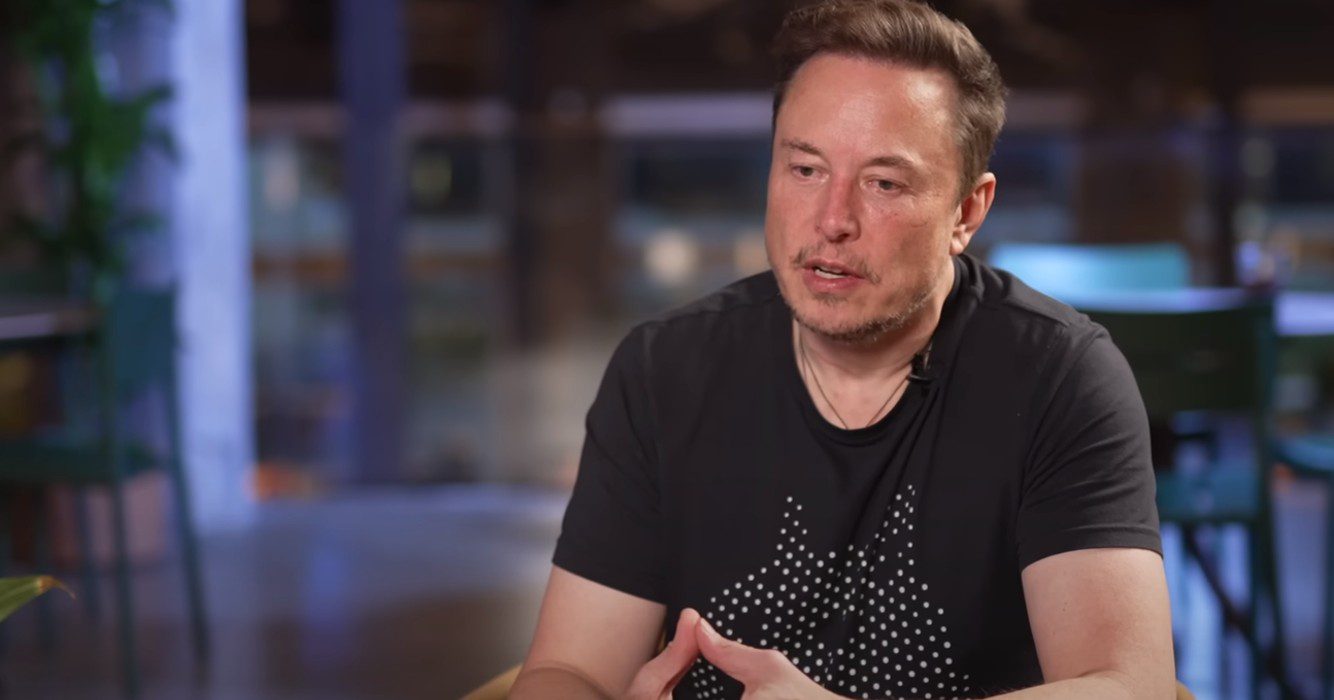Elon Musk, the tech entrepreneur famous for founding companies like Tesla, SpaceX, and Neuralink, has sparked controversy by criticizing what he sees as media bias, citing Google as his main example. the main complaint of Musk? He thinks that more pertinent news articles are pushed back to later pages by the way Google’s search algorithms rank and display news articles.
A Huge Allegation

Musk recently vented his annoyance with the way media narratives are constructed in an online post. Musk claims that negative news reports, particularly those that would cast a favorable light on issues he considers to be important, frequently appear far down in Google’s search results. He suggests that doing so directs the public narrative and keeps crucial facts out of many users’ direct grasp. His assertion is supported by the notion that the majority of internet users don’t click past the first page of search results. Musk proposes that Google effectively excludes these news articles from the general discussion by putting them on later pages with more relevant news.
A Massive Response

The search algorithms used by Google have long come under fire. The quality of the site, its relevancy to the search query, and the quantity of connecting sites are only a few of the more than 200 characteristics that they use when ranking websites. The precise operation of these algorithms is still a closely-kept secret. This obscurity has frequently given rise to rumors and criticism from a variety of sources. Musk’s claims drew an immediate response from the media. While some admitted that search engine optimization (SEO) strategies could occasionally hide vital material, others supported Google, claiming that their algorithms are made to give readers the most relevant and trustworthy content. They contend that these algorithms are not particularly created to promote any one story, but rather are constantly changing to improve user experience.
Musk’s remarks received both favor and criticism from the general public. Despite the fact that several people concurred and shared their own stories of discovering important items on subsequent pages, some thought Musk’s remarks were the consequence of personal prejudices. The accusations made by Elon Musk against Google and the media in general have sparked a bigger debate about the power of the tech industry to sway public opinion. It is increasingly important to comprehend and examine the processes that determine what news we receive and in what order as digital platforms continue to rule the information landscape.


